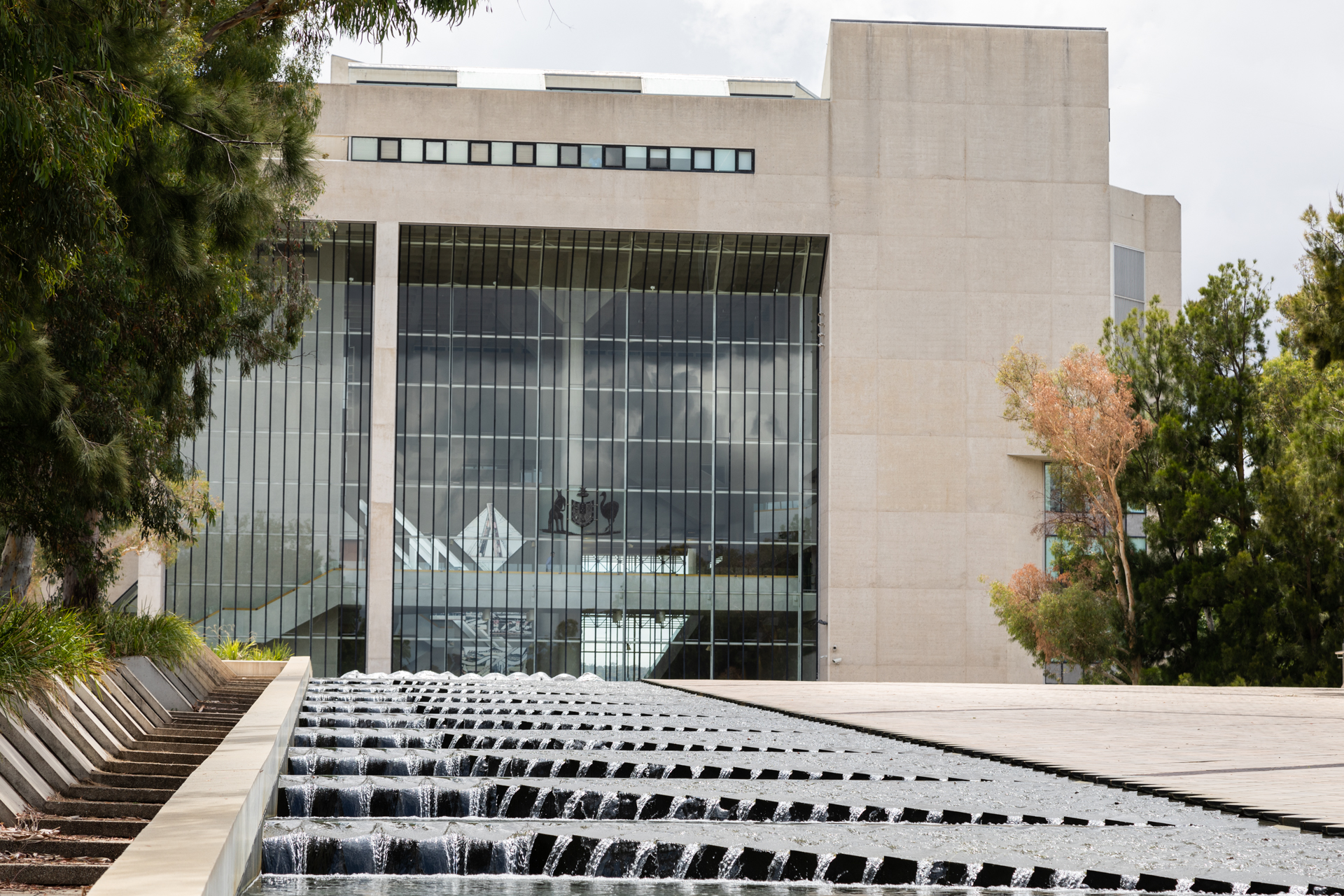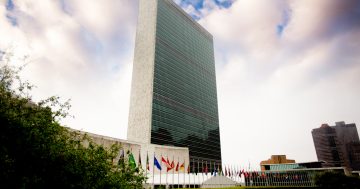Ronli Sifris* says if Roe v Wade is overturned, the impact on women in the United States will be immediate and devastating.
 The late Ruth Bader Ginsburg, feminist icon and judge of the United States Supreme Court, once commented that “the decision whether or not to bear a child is central to a woman’s life, to her wellbeing and dignity.
The late Ruth Bader Ginsburg, feminist icon and judge of the United States Supreme Court, once commented that “the decision whether or not to bear a child is central to a woman’s life, to her wellbeing and dignity.
“It is a decision she must make for herself.
“When government controls that decision for her, she is being treated less than a fully adult human responsible for her own choices.”
Since the 1973 decision of Roe v Wade, abortion has been a constitutionally protected right in the United States, but a leaked draft majority decision in the recent case of Dobbs v Jackson Women’s Health Organisation suggests that Roe will be overturned, and the question of a woman’s legal right to choose to terminate her pregnancy will revert back to individual states.
What did Roe v Wade decide?
Like Australia, the United States is a federation.
Prior to the seminal case of Roe v Wade, abortion was a state issue – states had the power to determine whether and in what circumstances abortion was legal.
Many states enacted legislation that severely restricted women’s access to abortion.
In Roe v Wade, the United States Supreme Court declared the right to abortion to be a constitutionally protected right (in certain circumstances), located within the right to privacy.
This rendered many existing state bans on abortion unconstitutional.
What is Dobbs v Jackson Women’s Health Organisation about?
The case of Dobbs v Jackson Women’s Health Organisation concerns a Mississippi law that banned abortions after 15 weeks’ gestation.
Jackson Women’s Health Organisation, Mississippi’s last remaining abortion clinic, challenged the law as constitutionally invalid.
The leaked draft majority decision suggests that the United States Supreme Court is poised to overturn Roe v Wade, removing the constitutional protection for abortion.
What is the likely impact of this decision?
The immediate impact of a decision to overrule Roe v Wade would be to allow each state to decide whether to enact legal restrictions on access to abortion.
A number of states have already passed so-called “trigger laws” that would become enlivened should Roe be overturned.
According to the Guttmacher Institute, if Roe is overturned:
The impact on women will be devastating.
According to the World Health Organisation, “the proportion of unsafe abortions are significantly higher in countries with highly restrictive abortion laws than in countries with less restrictive laws”.
The United States itself provides a good example, as the rate of abortion-related deaths decreased by 85 per cent in the five years following Roe v Wade.
History has made clear that restrictive regulation of abortion does not prevent its practice; it simply drives it underground and renders dangerous what is otherwise a safe, low-risk medical practice.
Abortion as a human right
Abortion is a human rights issue.
It should not be recast as a states’ rights issue.
Not when we know that restrictions on abortion may seriously impact the fundamental rights of those seeking abortion, such as their:
- right to life
- right to health
- right to privacy/autonomy
- right to equality/freedom from discrimination
- right to be free from torture or cruel, inhuman or degrading treatment or punishment.
A wholesale overturning of Roe v Wade would land a devastating blow on the rights of women across the United States, and would render the US an outlier in a global context where the trend is towards liberalisation of abortion regulation.
How is abortion regulated in Australia?
Australia is an example of a country that has progressively liberalised its abortion laws.
For example, since 2002 abortion has been practically decriminalised in every Australian jurisdiction, and all Australian jurisdictions have enacted safe access zone legislation to protect women from harassment outside clinics that provide abortion services.
The right to abortion has never been recognised as a constitutional right, likely in large part due to the absence of a federal constitutional bill of rights.
So in Australia, there’s no equivalent of the Roe v Wade decision.
But the Australian social, political and cultural context is very different to that of the US.
Abortion, which should fall squarely within the domain of healthcare rather than politics, has not been politically weaponised in Australia to the extent that it has been in the US.
If Roe v Wade is overturned, the impact on women in the US will be immediate and devastating.
And it will disproportionately affect the poorest and most vulnerable who are unable to travel to more liberal states to access abortion services.
A decision to remove the constitutional protection of abortion in the US would lead to a regression to the times of backyard abortions.
Women should not have to place their health or lives at risk to access what the World Health Organisation has categorised as “one of the safest medical procedures”.
*Ronli Sifris, Senior Lecturer, Faculty of Law, Deputy Director, Castan Centre for Human Rights Law.
This article first appeared at lens.monash.com.edu.











